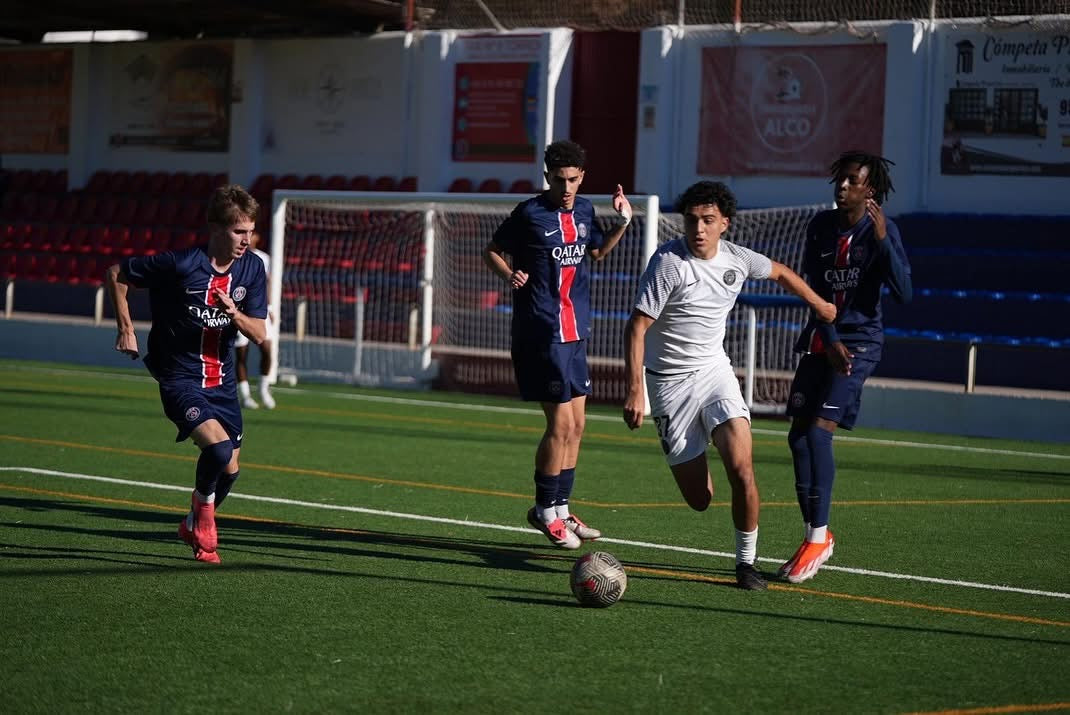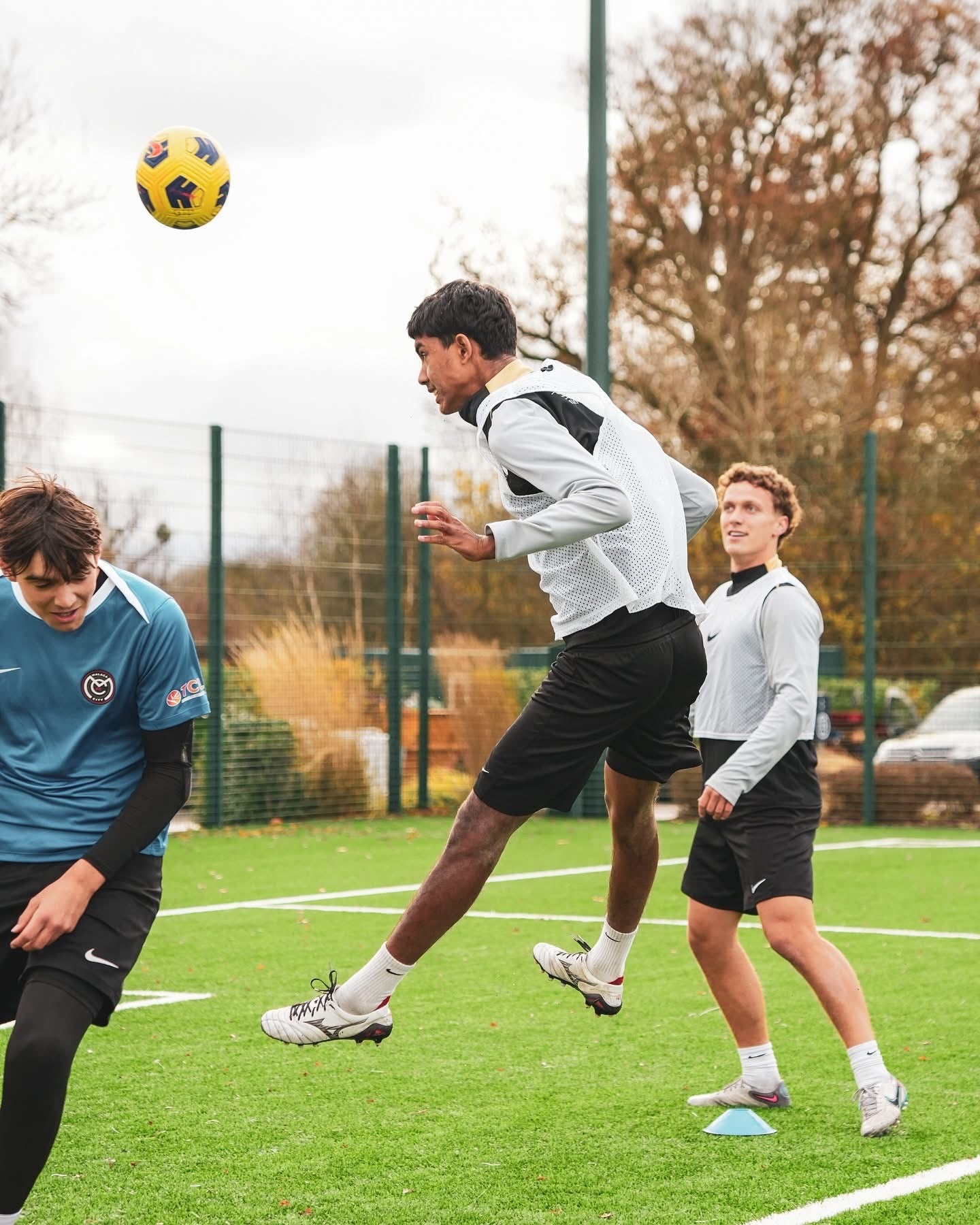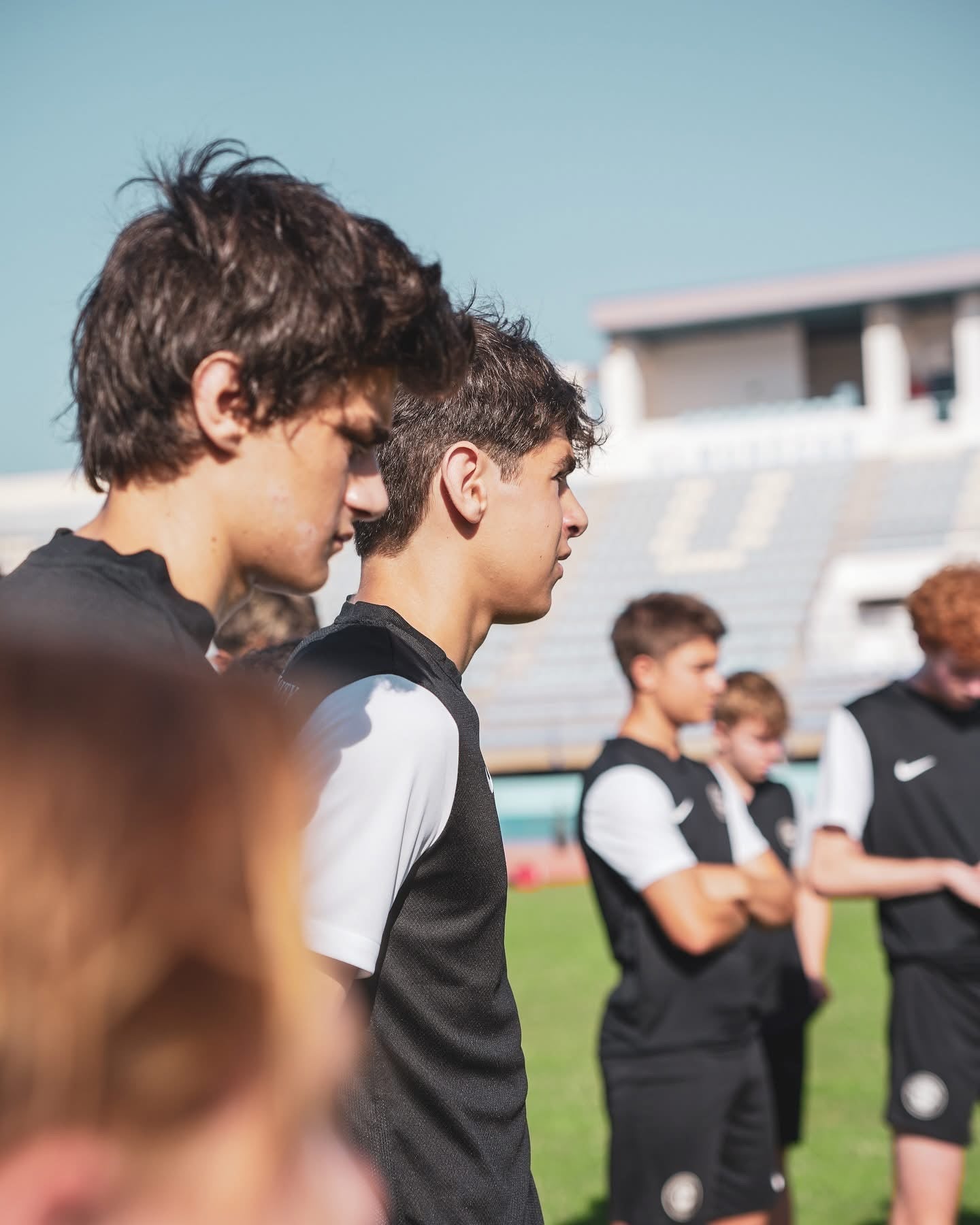Packing for boarding school can feel like preparing for an entirely new chapter—and in many ways, it is. Whether your child is attending a traditional academic institution or joining a high-performance football school, what they bring with them plays a big role in how smoothly they settle in.
At Prestige Football Schools, we support students from around the world as they prepare to board at some of the UK’s top schools. Many are coming for both education and football development, so packing takes on additional complexity. This guide is designed to help families—especially international ones—ensure their child has everything they need to start confidently and thrive from day one.
Why Smart Packing Matters
For most students, boarding school is their home away from home. Everything they need—whether for school, sport, rest, or play—must be in that suitcase. That doesn’t mean overpacking, but it does mean packing wisely.
When students arrive prepared, it:
-
Reduces homesickness by helping them feel settled
-
Avoids stress when essentials aren’t immediately available on-site
-
Encourages independence by equipping them for daily routines
-
Supports full participation in lessons, training, and social activities
Packing well isn’t just practical—it sets a tone of confidence and readiness for the term ahead.
Clothing: From Class to the Pitch
Clothing is more than uniform—it’s about having the right outfit for the right moment. Schools typically provide a uniform list in advance, and many have partnerships with uniform suppliers. Be sure to check whether formalwear or house colours are also needed.
Beyond the classroom, your child will need comfortable casual wear, weather-appropriate layers, and training gear—especially if sport is a core part of their weekly routine.
Football-focused students will need to bring:
-
Multiple full training kits (3–4 recommended to manage laundry cycles)
-
Firm ground and soft ground football boots
-
Astro trainers for indoor or 3G surfaces
-
Base layers and waterproof outerwear for all-weather training
-
Personal performance gear such as shin pads, boot bags, and foam rollers
The right gear ensures your child is ready to train with intensity from day one. If they’re entering a programme aligned with a club or academy, coaches will expect a professional attitude—and that starts with preparation.
Personal Care & Dorm Room Comfort
Toiletries are rarely provided by the school, and students should come with their own supply of essentials. A toiletry bag makes it easy to carry items to shared bathrooms. It’s also a good idea to include enough products for the first few weeks, especially for international students who may not have access to shops straight away.
What’s often overlooked is comfort—and the emotional aspect of settling into a new space. Encouraging your child to bring a few familiar items from home can make their dorm feel more personal.
Consider:
-
A blanket or throw that reminds them of home
-
A small photo frame or collage of family and friends
-
A favourite book or keepsake for quiet moments
These small touches help ease the emotional transition, especially in the early weeks of term.
Academic Supplies & Technology
Every student needs to arrive ready to learn. While schools will provide textbooks, students are typically expected to bring their own stationery and, in many cases, a personal laptop or tablet.
Encourage your child to pack:
-
Notebooks, pens, pencils, and a reliable ruler
-
A scientific calculator (especially for GCSE or A-Level students)
-
Headphones for study sessions or online assignments
-
A laptop preloaded with any required apps or learning platforms
Some schools provide devices, but many don’t—particularly for Year 9 and above. International students may also want to bring a bilingual dictionary to support early integration into the curriculum.
International Students: Additional Planning Required
Students relocating from overseas need to think beyond the standard packing list. The first few days can be challenging, so it helps to plan ahead with practical and cultural needs in mind.
A few key considerations:
-
Documents: Keep the child’s passport, visa, CAS letter, and school acceptance letter in a secure folder. Make digital backups in case of emergencies.
-
Electrical adaptors: UK plug sockets are different—bring a few adaptors or a power strip that works with UK voltage.
-
Currency: Having £50–£100 in cash is helpful for early expenses, such as school shops or local travel.
-
Guardianship and contacts: Share a list of emergency contacts, including your UK-based guardian and school houseparent, with your child.
International students may also want to bring familiar snacks, cultural items, or even a small gift to share from home—it can help spark conversation and ease the transition.
We offer relocation support to ensure international families feel fully prepared and confident ahead of arrival.
Football-Focused Additions
For students entering a football boarding programme, sports preparation is just as important as academic readiness. In fact, many players begin training in the very first week, so turning up ready to play is a must.
In addition to standard sports kit, footballers should consider packing:
-
Resistance bands and a foam roller for recovery
-
A training diary or app to track performance and goals
-
Personal hydration tools like a protein shaker or water bottle
-
GPS tracker or fitness monitor (if used by the programme)
We encourage families to speak with the school’s coaching team or take advantage of our mentorship packages, which guide players on what to expect and how to prepare mentally and physically for life in a football academy.
Avoid Overpacking: What Not to Bring
While it’s important to be thorough, overpacking is a common mistake. Dorm rooms are compact, and students quickly learn to live more minimally. Bringing too much can be overwhelming—especially when your child is trying to settle into a new routine.
Things to leave at home:
-
Expensive or sentimental jewellery
-
Large gaming consoles or entertainment systems
-
High volumes of snacks or perishable food
-
Aerosol sprays (often banned in dormitories for fire safety reasons)
-
Multiple suitcases or oversized bags that can’t be stored easily
Focus instead on essentials and comfort items that will support your child’s wellbeing, both practically and emotionally.
Practical Tips for an Organised Start
Here are a few final tips we share with families each year:
-
Label everything. Clothes, shoes, devices, chargers—use iron-on labels or waterproof stickers to prevent mix-ups.
-
Pack with your child. Involve them in the process so they feel ownership and know where everything is.
-
Use soft luggage. Duffle bags or collapsible suitcases are easier to store than hard-shell luggage.
-
Leave space. Your child will likely come home with more than they took—so don’t pack to the brim.
Our team often joins families on move-in day, offering an extra set of hands (and reassurance). Knowing there’s support on the ground gives both students and parents peace of mind.
How Prestige Football Schools Supports Families
We don’t just help students get into the right school—we help them thrive there. From school selection and visa planning to packing checklists, fitness prep, and in-term mentorship, our holistic support ensures your child is ready on every level.
If you’re preparing for a new school term, need help with football kit planning, or want support securing the right visa documentation and guardianship, our services are built to simplify the process and maximise your child’s success.
Need help preparing your child for the term ahead? Speak to our team for tailored advice and practical guidance.
The Final Word: Prepared Students Settle Faster
Packing isn’t just a logistical task—it’s part of the emotional and mental preparation for boarding school life. When your child arrives with everything they need, they can focus on forming friendships, building good habits, and excelling both academically and on the pitch.
Whether they’re coming from nearby or halfway around the world, Prestige Football Schools is here to support your family through every stage of the journey.
To learn more about student visa requirements or official education guidance, visit:



